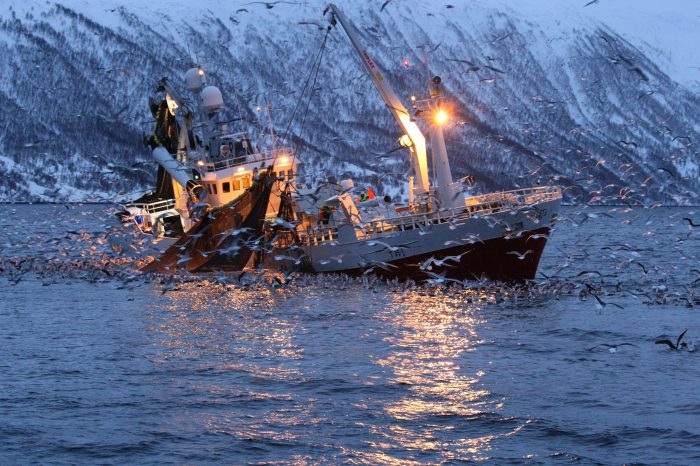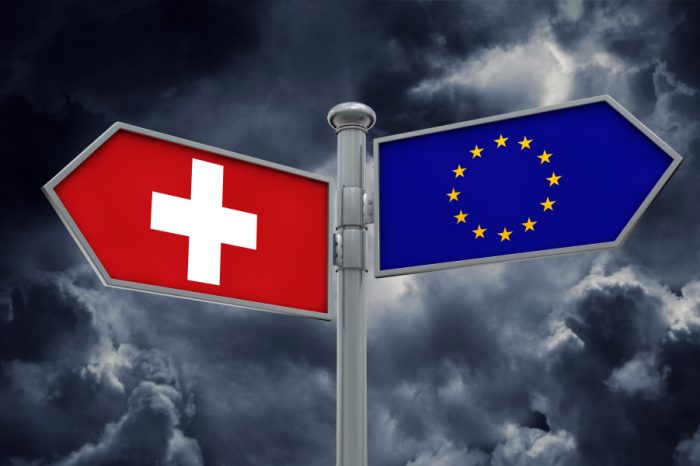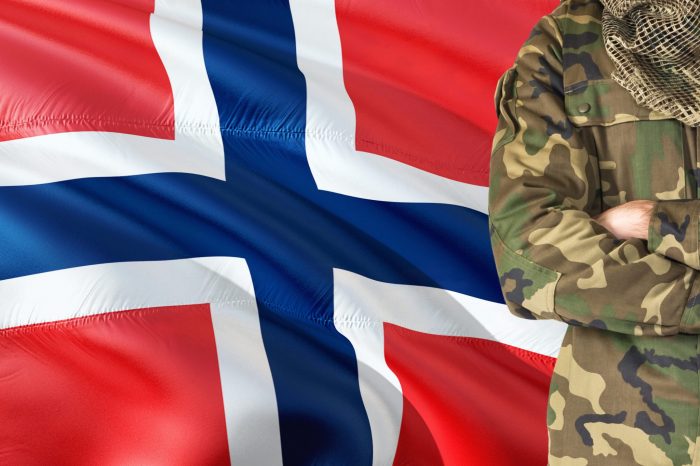Cam’s great sham will need some pretty wrapping paper
With December’s European Council meeting now behind us, the political world is now winding down for the Christmas break. What are we to make of the situation as 2015 draws to a close?
Firstly, things have moved on dramatically in the last year following the victory of the Conservative Party in May’s General Election. David Cameron’s commitment to hold an in/out (or rather, remain/leave) referendum on the UK’s membership of the EU has concentrated minds in the withdrawalist movement. The goal for which some of us have been striving for 40 years or longer could finally be within our grasp in the next two years.
Furthermore, the battle lines have already been drawn. We know what David Cameron is going to try to sell to the electorate. Forget all the discussions about opt-outs from closer political union and curbs on migrant benefits. There has not been and will not be any real renegotiations of any substance. Cameron has basically capitulated to the EU. “We need a British model of membership that works for Britain and for any other non-euro countries”, he said. What this really means, in the words of the former Environment Minister Owen Patterson is that “he is bumping around the back, towed along in the dinghy and this is all froth and bubble “
Associate membership – re-packaged as “The British Model” – will nonetheless be marketed by Mr Cameron as a major triumph – the result of “battling for Britain” in hard negotiation. Having downplayed expectations, Cameron will in reality be attempting to sell us a very shoddy deal – and not one for which he can even claim any credit. The original plans to turn discussion of a “two-speed Europe” into something concrete go back to a proposals by Andrew Duff, the arch federalist former Lib Dem MEP in 2006. It then moved up to consideration by the Bertelsmann-Spinelli group and the Five Presidents’ group. Carefully orchestrated press releases indicate that Mr Cameron has been going down this route for some months, with full support from leading figures in the Brussels establishment.
Jean-Claude Juncker, President of the EU Commission, stated to a meeting in Brussels on 18th November that the EU “is a family. Over time, one needs to give them (we the children!) the possibility to find their place on an orbit that better suits their sense of temperature. But Brexit will not happen”. Give Mr Juncker’s words, we can take it that the plan has been agreed. There is going to be a great deal of theatre. The script and choreography are mostly written already.
It will be Cam’s great sham. At the heart of this new arrangement, nothing of substance will have changed:-
- We will still be subject to the European Court of Justice
- Our ministers will still be overruled by qualified majority voting at the Council of Ministers
- Our Parliament will have to implement legislation with no power of unilateral veto.
- The European Commission will continue to churn out new laws and if the European Parliament and Council approve them, we will have to put them on the statute books.
- We will have an opt-out from the Euro, but this basically means relegation to the EU’s second division – indeed, Mr Duff has actually used the word “relegation” to describe his associate membership proposal.
- We will be still liable for any future eurozone bail-outs, even though outside the Single Currency
- We will still be tied in to Europol
- We will not be on the EU’s “top table” in spite of that being one of Mr Cameron’s stated objectives.
That Cameron is working hand-in-glove with the EU élite is more than apparent from his refusal to consider the far better alternative of the Norway Model – i.e., retaining our access to the Single Market from outside the EU by re-joining EFTA and thus availing ourselves of the European Economic Area agreement.
- Unlike the UK, which is represented by someone from the European Commission, Norway represents itself at the real “top tables” like the WTO and the United Nations Economic Committee for Europe (UNECE).
- It can refuse to put EU legislation onto its statute books – for instance, it refused to implement the Third Postal Directive, even though it was labelled “EEA Relevant”.
- If the Euro goes belly up, Norway will not be liable for its debts.
- EEA countries like Norway are widely consulted when EEA-relevant legislation is being framed and the lack of a final vote is not seen by most Norwegians as a problem.
- Liechtenstein, whose relationship to the EU is likewise via EEA/EFTA, used a clause in the EEA agreement to apply an “emergency brake” on immigration from the EU 20 years ago and the “emergency” is still in force!
-
Norway does not participate in Europol and the Eurpean military police (EUGENDFOR) will not have any rights to operate in the country.
In short, the “Norway Option”, while not an ideal long-term arrangement, would get us through the escape hatch and is far nearer to achieving Cameron’s stated objectives than his crummy “British Model.” One of his former constituents, Dave Phipps, who was the author of the now-defunct Witterings from Witney blog when he lived in the area, met with him and explained the obvious benefits of the Norway Model, but it has not made any difference. Unless Mr Cameron is a bear of exceedingly little brain or suffering from severe amnesia, one can only surmise that his mind is not open to any possibility of leaving the EU, in spite of his utterances that nothing is off the table. While Steve Baker, the MP for High Wycombe, claims that, “the only logical and consistent position the Prime Minister can take is to lead our country out of the European Union”, that just isn’t going to happen.
Mr Cameron may already have his “British Model” neatly under wraps, but there isn’t very much actually to wrap it in. The mainstream press is preoccupied with benefit restrictions on EU migrants and the opposition Cameron faced from Poland when he raised the subject of a four-year residency period, but this is a sideshow. The opt-out from “ever-closer union” is meaningless and recognition of the UK’s right to keep the pound is hardly a great concession. An agreement to cut red tape – in other words, addressing the lack of competitiveness within the EU – is hardly a big deal. True, Cameron complained in February 2014 that the Commission “is so obsessed with red tape that it believes that removing regulations which damage businesses is an act of self-harm”, but in reality, as new regulations are handed down from global standards-setting agencies, the EU does actually ditch obsolete regulations and will continue to do so.
Furthermore, the treaty changes which would be required to formalise a two-tier EU won’t be ready for signing until after the UK referendum, so all he can do is offer us a promise. Thinking back to his “cast iron” guarantee of a referendum on the Lisbon Treaty, this doesn’t really inspire any confidence.
Admittedly, opinion polling doesn’t inspire much confidence either, but last week’s YouGov poll, suggesting that perception of the success of Cameron’s supposed renegotiations hold the key to securing a “leave” vote is consistent with a number of other studies. If he can find some suitably pretty wrapping paper, selling the British Model as the middle way, the safe option that resolves our long-standing frustrations with Brussels, he may win. As it’s his only hope of winning, we can be assured that the spin machine will be revved up to full speed. Our task is not to be distracted by side issues like benefits for migrants. If we can show the public – and in particular, the undecided – that underneath the wrapping paper, Cam’s great sham is a non-solution meaning more Europe and even less say in how it is run, we can pull off a great victory.
On that note, a very Happy Christmas and best wishes for the New Year from all of us in the Campaign for an independent Britain. Let us hope that 2016 will be the year when the tide finally turns irrevocably in our direction







